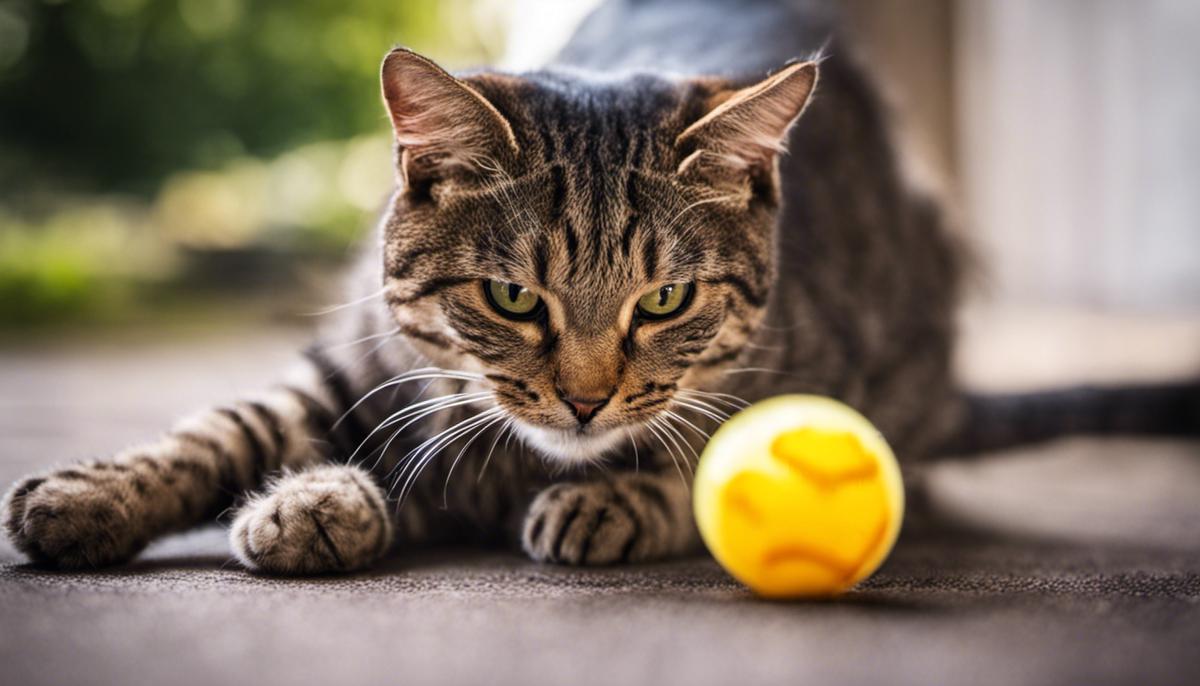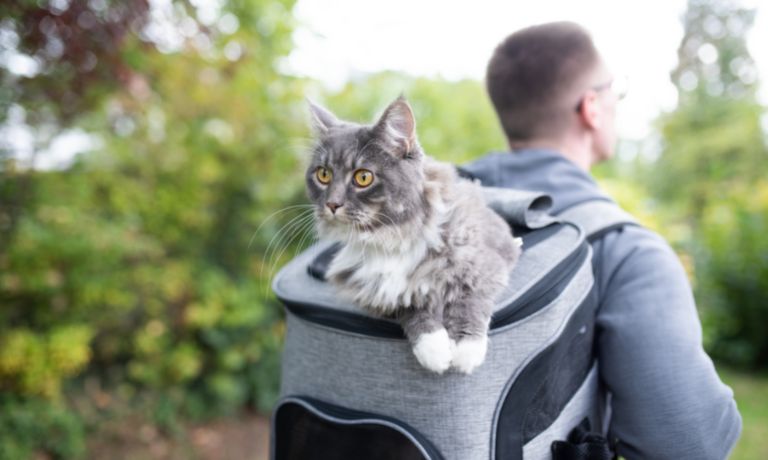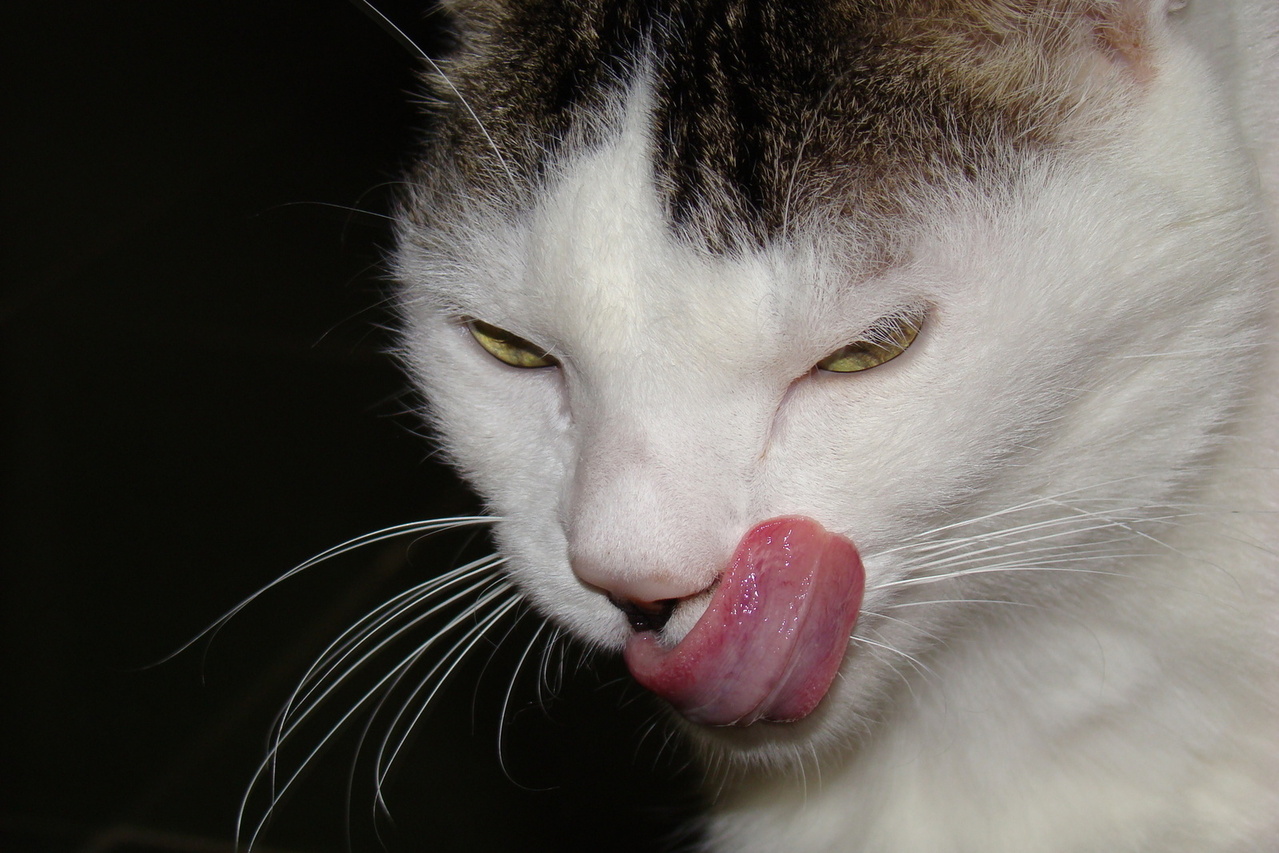The bond between humans and their feline companions can be incredibly enriching and rewarding. Yet, it can be hampered if your feline friend has a habit of using their teeth a bit too much. Biting in cats can stem from a variety of causes such as playfulness, fear, aggression, or even spurring from a desire for attention. By understanding why cats bite, we can lay down an effective blueprint for managing this behavior and facilitating a harmonious human-cat relationship. This includes developing humane training techniques that discourage biting, from redirecting biting behavior towards toys to using positive reinforcement for non-biting behavior. Plus, knowing how and when to respond when a bite happens can make a significant difference in curbing this habit.
Traveling with your cat is a great way to let them interact with new sights, smells, and surroundings. However, the top priority should always be their safety and comfort; if you’re going to travel with your cat, you need to do it right. Here are our top tips for your adventure kitty.
Cats look cute and adorable. That is until they start biting poor unsuspecting human beings. Cats need to be taught good behavior. A lot of biting that is done by a cat is a result of uncorrected bad behavior. Keep in mind that cats came from the wild. Even though now cats have been domesticated and live in close contact with humans, their instincts remain the same. They are born hunters and are equipped with the natural tools designed to hunt a prey.
There is nothing more innocent and peaceful looking than a fluffy little kitten. You just can't help it you have to be the tiny little bundle of joy home with you. Something must have happened, somehow the sweet little creature that you picked out has been swapped out with the kitten that nightmares are made of.
With the recent popularity of cat training, more and more people are looking into teaching their cats how to use a toilet. Just so we're clear here, I'm not talking about litter box training. I'm referring to a proper toilet that you or I would use! Do a quick search on Youtube and you'll see that this is indeed possible.










